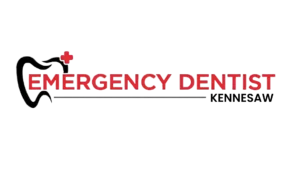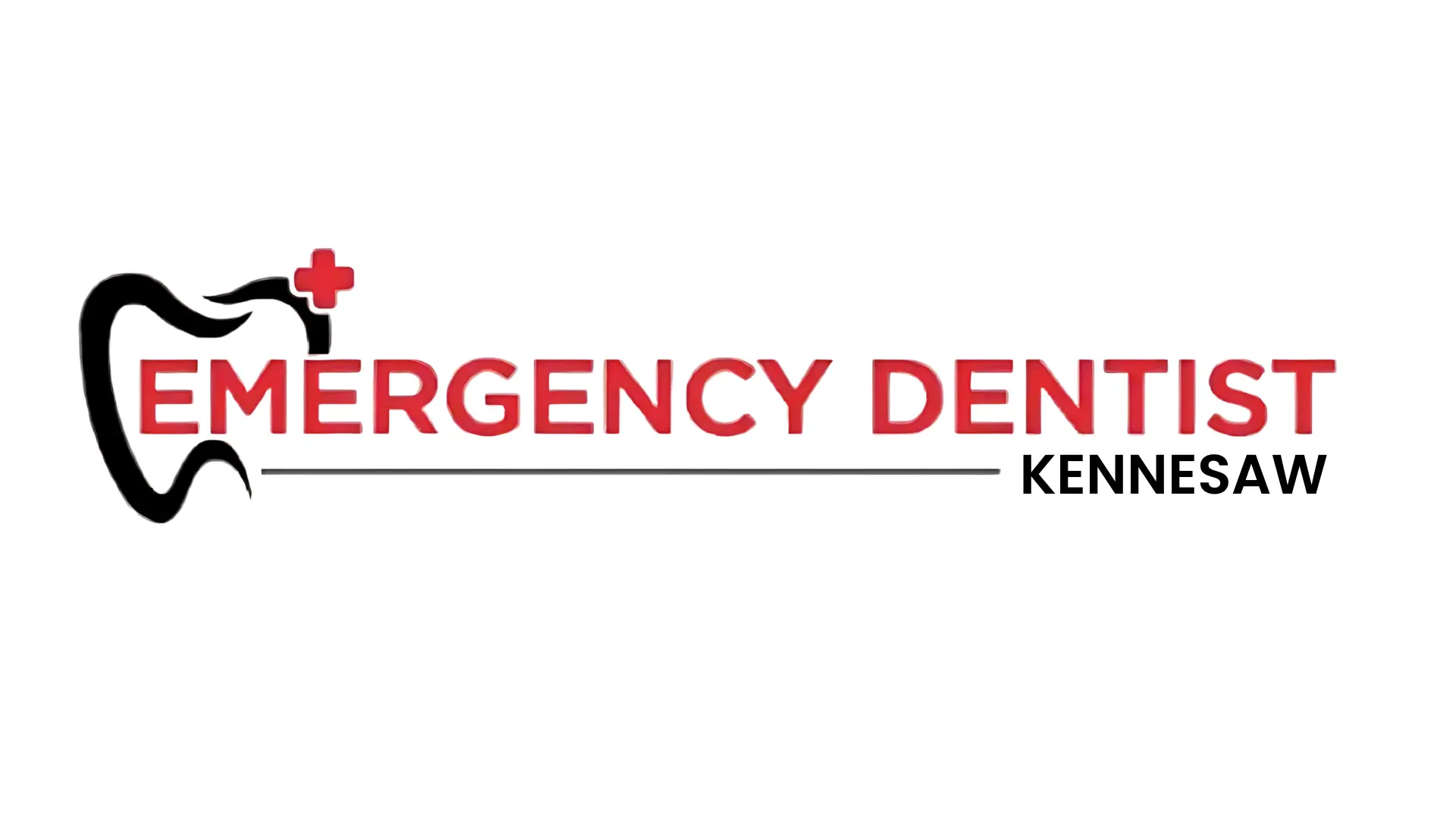How Much is a Tooth Extraction: Charges and Recovery Tips
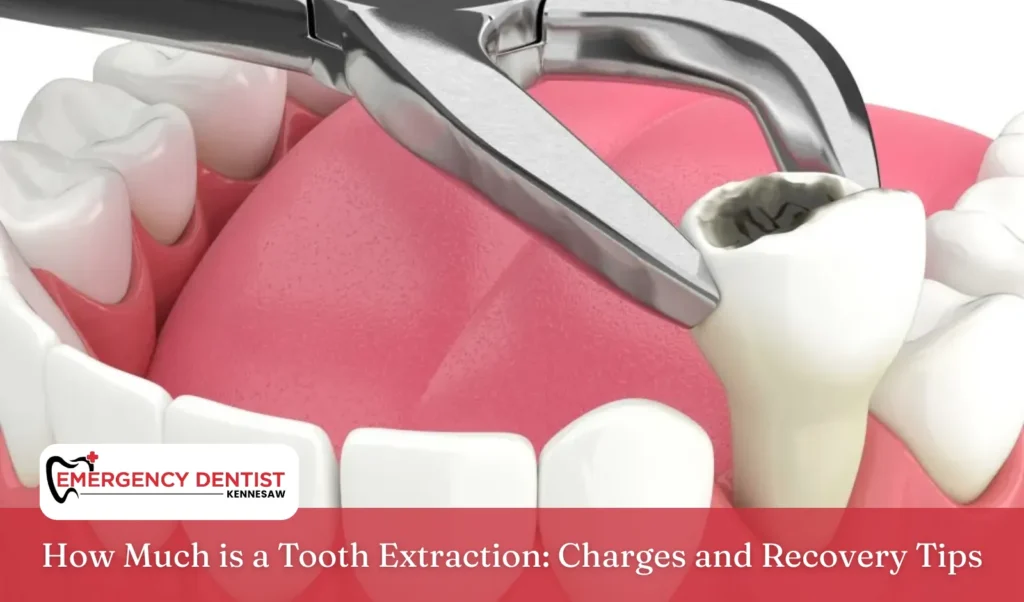
When severe tooth decay or other dental problems occur, the only option may be to remove the tooth. Patients often ask, how much is a tooth extraction? Since every case is different, understanding the cost of tooth extraction, the typical tooth extraction price, and what affects tooth extraction charges can help you feel more prepared. Whether you need a simple tooth extraction or a more complex tooth extraction procedure, knowing the factors that influence overall costs will guide your dental care choices in Kennesaw.
What Is a Tooth Extraction?
A tooth extraction is a dental procedure where a dentist or oral surgeon removes a tooth from its socket in the jawbone. Extractions are often recommended when teeth are badly damaged from tooth decay, gum disease, or trauma. They may also be performed to prepare the mouth for orthodontics, dentures, or dental implants. In many cases, extractions include wisdom teeth removal, especially when impacted teeth cause pain or crowding.
Types of Tooth Extractions
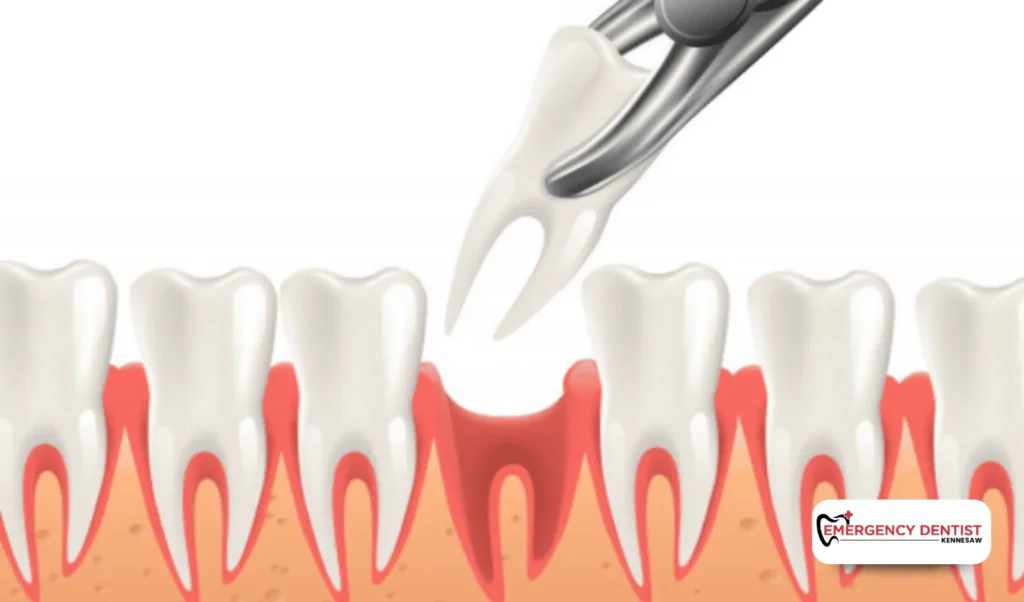
There are two main types of tooth extractions:
- Simple tooth extraction – performed when the tooth is visible and easy to remove.
- Surgical extraction – required when the tooth is broken, hidden, or classified as impacted teeth.
The extraction cost can vary based on the type of procedure. Depending on the complexity, surgical extractions usually require more advanced steps, which result in higher cost
Factors That Influence the Cost of Tooth Extraction
Patients often ask about the average cost of pulling a tooth, but the price depends on several factors:
- The type of anesthesia used, such as local anesthesia, sedation, or general anesthesia.
- The condition of the tooth and the extraction site.
- Whether the case involves wisdom teeth removal or other impacted teeth.
- The dentist’s level of skill and training.
- The complexity of the tooth extraction procedure.
Because these elements differ, the tooth extraction price can vary based on the situation.
Tooth Extraction Costs Without Insurance
Many patients worry about the tooth extraction costs without insurance. Those who don’t have insurance may face higher costs, especially for surgical procedures that require specialized care. Reviewing your options with your dentist helps you understand the expected tooth extraction charges and receive safe, reliable treatment.
If you do have coverage, check what your dental insurance plan covers. Some plans cover or partially cover tooth extractions, though the level of coverage depends on whether it is a simple tooth extraction or surgical. Patients without insurance should ask about flexible payment options to help manage the overall costs.
Anesthesia, Pain, and Healing After an Extraction
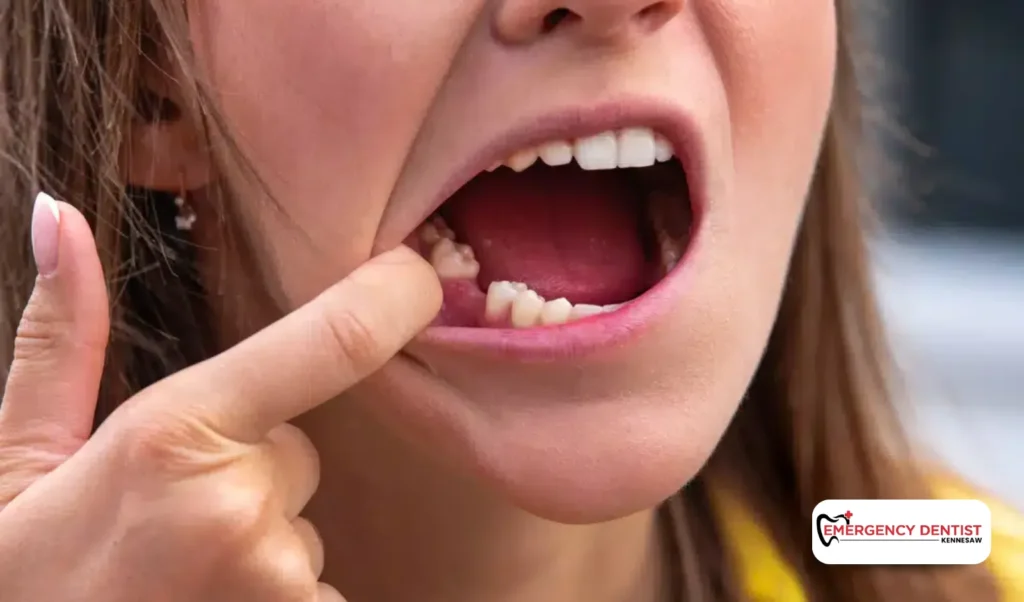
The type of anesthesia used plays an important role in both patient comfort and the extraction cost. For most simple tooth extractions, local anesthesia is enough to numb the extraction site. More complicated procedures, like those involving impacted teeth or wisdom teeth removal, may require sedation or general anesthesia, which generally leads to higher costs.
After the procedure, some swelling and discomfort are expected. Dentists provide medications and recovery instructions to help manage pain and support healing.
Risks and Complications: Dry Socket and Recovery Care
One of the most common complications after pulling a tooth is dry socket. This occurs when the blood clot at the extraction site is dislodged, exposing bone and nerves. Dry sockets can cause severe pain and delay healing. To reduce the risk, patients should follow all aftercare instructions, avoid smoking, and not use straws. Consistent dental care during recovery helps prevent problems.
Aftercare: Eating Soft Foods and Protecting the Extraction Site
Following aftercare instructions is essential for a smooth recovery. Dentists usually recommend eating soft foods like yogurt, mashed potatoes, or soup for the first few days. These foods protect the extraction site and help reduce irritation. Patients should avoid hard foods, vigorous rinsing, or straws, which may disturb the clot and increase the chance of dry socket.
Considering Dental Implants After Tooth Removal
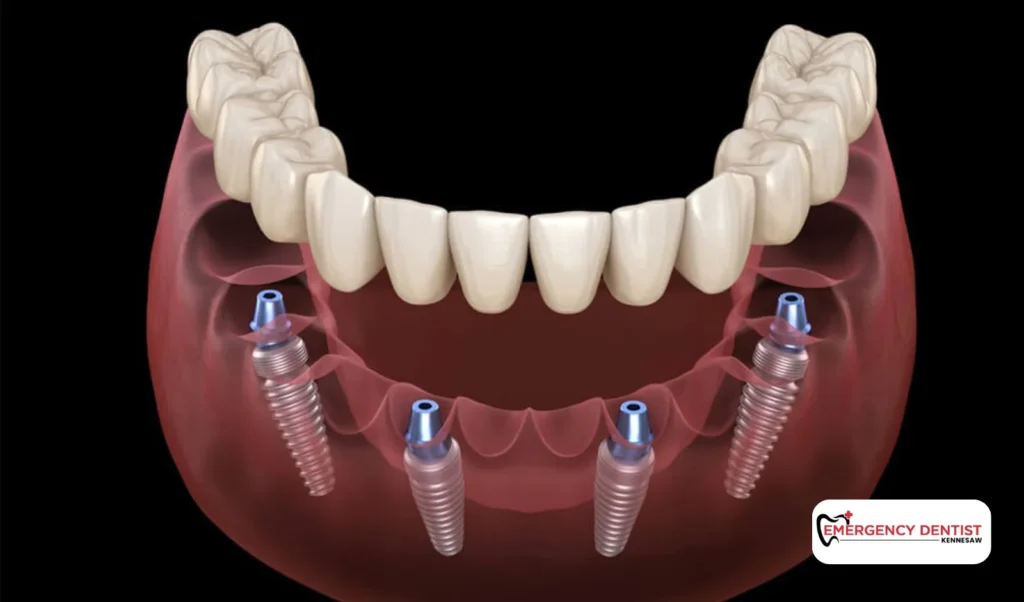
When you remove the tooth, it can affect your appearance, bite, and oral health. Dental implants are a common restorative solution after extraction. Though they come with their own expenses, implants offer long-term stability, protect surrounding teeth, and help preserve jawbone health. Discussing implants with your dentist ensures you make the best decision for lasting dental care.
Why Consult an Emergency Dentist in Kennesaw
In urgent cases, reaching out to an Emergency Dentist in Kennesaw can make all the difference. If you experience sudden pain, trauma, or complications after a tooth extraction procedure, emergency dental care ensures fast and professional help. This dentist is equipped to manage both simple tooth extraction and complex surgical cases, including wisdom teeth removal and impacted teeth. Immediate treatment also prevents small concerns from becoming serious dental problems.
Conclusion
The question, how much is a tooth extraction, does not have a one-size-fits-all answer. Tooth extraction prices can vary based on the type of anesthesia, the complexity of the procedure, and whether your dental insurance plan covers it. Patients who don’t have insurance may face higher costs, but flexible options are often available.
By learning about the cost of tooth extraction and preparing with proper dental care, you can face the procedure with confidence. Following your dentist’s aftercare, like eating soft foods, protecting the extraction site, and being mindful of risks like dry socket, supports a smoother recovery. If sudden pain, trauma, or complications occur, contacting an Emergency Dentist in Kennesaw ensures you get immediate, professional treatment to protect your oral health and smile.
